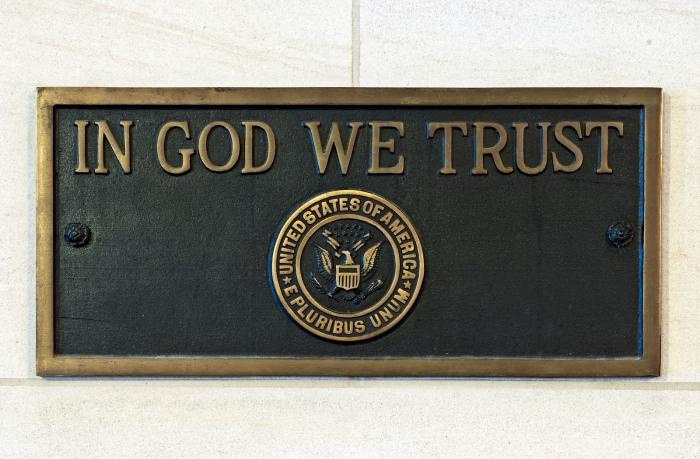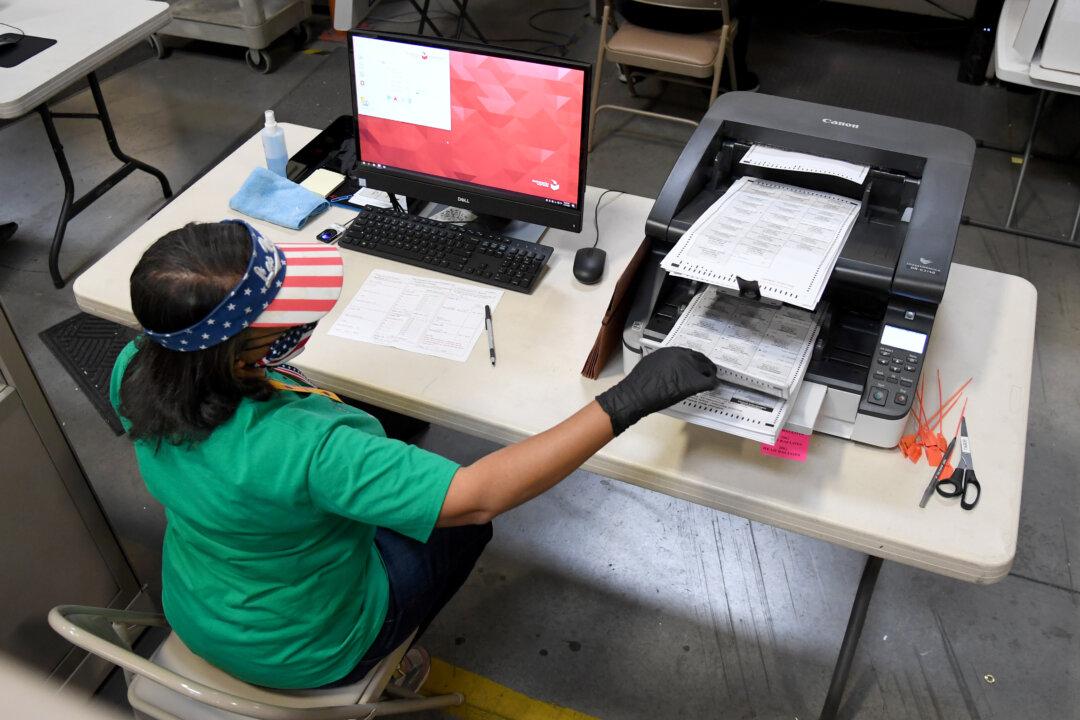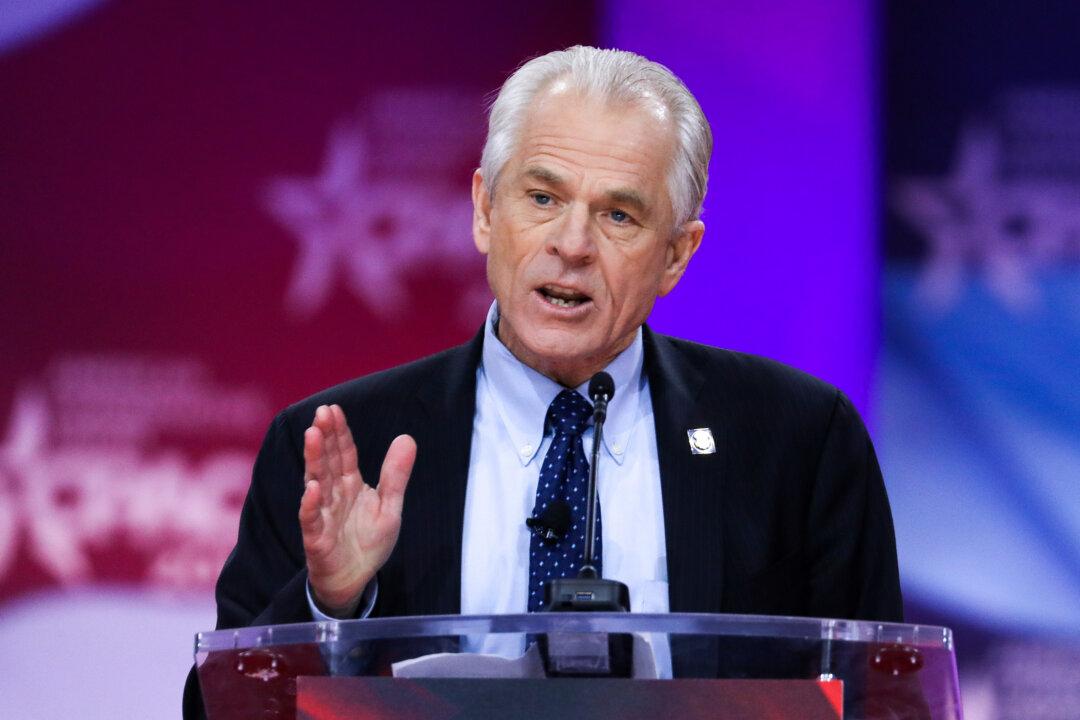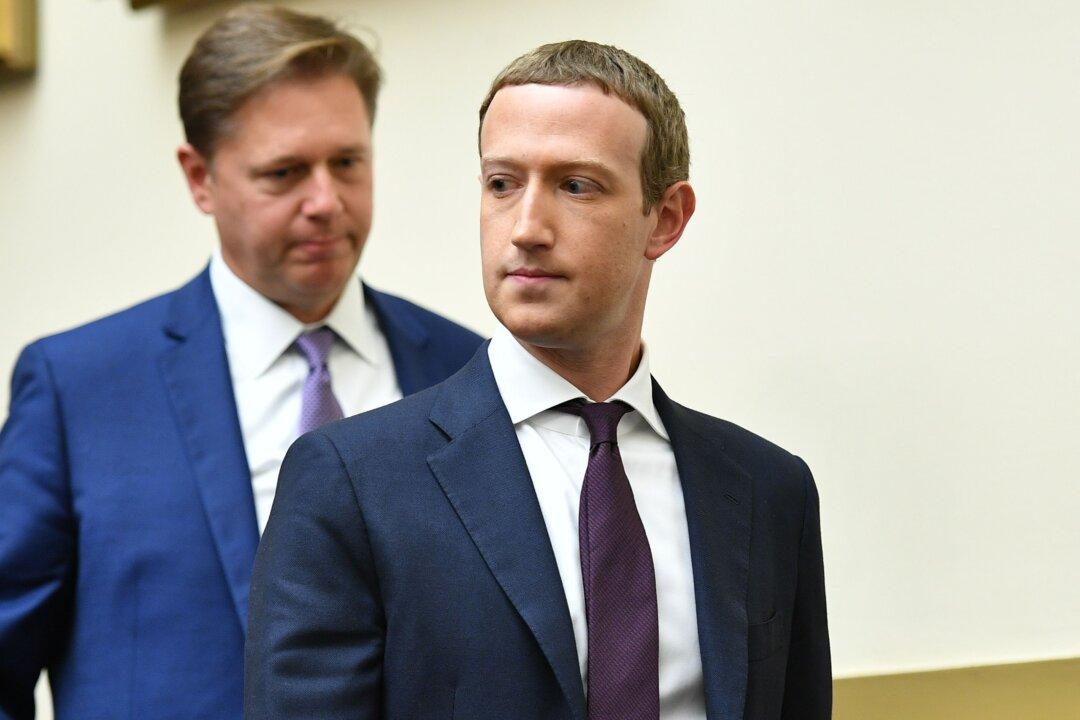A bill was proposed in Indiana on Jan. 10 that, if passed, would require public and charter schools to place a poster or framed picture in every classroom and library with the country’s national motto: “In God We Trust.” Flags of the country and state must be included in the poster or framed picture of a specified dimension.
The bill, proposed by Sen. Dennis Kruse (R-Ind.), would also mean that any school offering an elective course on “surveying religions of the world ... may also include as part of the survey course’s curriculum the study of the Bible.” Additionally, schools may be required to teach “various theories concerning the origin of life, including creation science,” the bill read.





